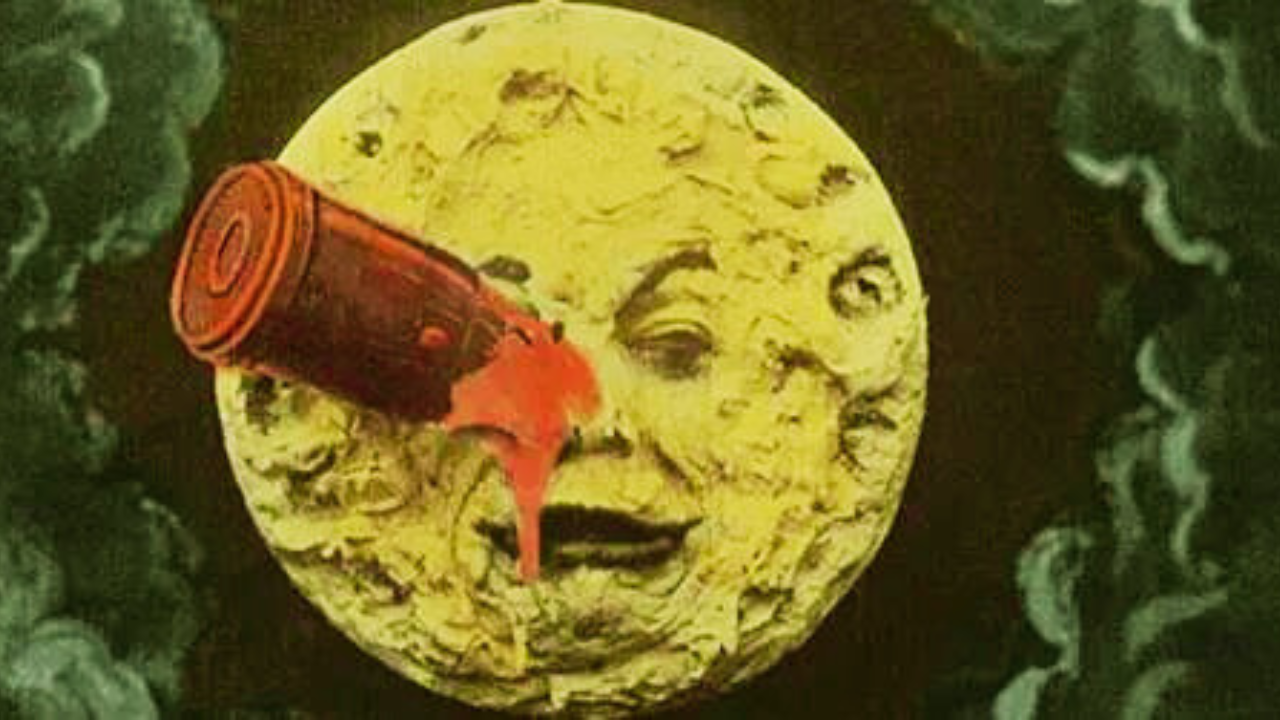Why You Should Check Out Early Cinema - Opinion
A Trip to the Moon
From Shane Conto
What is the oldest film you have ever watched? I am sure most people will admit that they do not watch a lot of films from before they were born. Or maybe they watch a few of the big classics from the 70s and 80s. But how far back are you willing to dig? There are a few barriers for many film lovers whether it is the black-and-white era of film and even more importantly the silent era of film. Both of those can be huge issues for many when trying to go back and watch films from that far back. But you have to take a step back and remember that film has been around since the 1890s or so. There are well over 100 years of films to appreciate and experience.
The key question though is…why? Why should you take the time to go back and experience this early era of fill? The easiest and most obvious reason is that there are great films to experience. You should miss out just because they are over 100 years old. Early cinema was defined by a few filmmakers who were the pioneers and trend setters. You have the magician himself, Georges Melies. His A Trip to the Moon is one of the most iconic science fiction films of all time. The elaborate costuming, production design, and filmmaking are all elements that even standout today. You also have Edwin S. Porter of Thomas Edison Company fame as he took cinema in a more naturalistic approach with genre starting westerns like The Great Train Robbery (which feels like it sets the blueprints for heist films and westerns moving forward). These films are both from the early 1900s but are so worth the investment.
Speaking about investments…what is the next big reason to check out early cinema? There isn’t the kind of time commitment you would need for other film ventures. Many films of that era of filmmaking are ranging from a few minutes up to 15-20 minutes. This is less time than a standard TV comedy series episode. You could watch a whole collection of films from early cinema in the amount of time it takes you to watch the shortest feature films of today. This lack of barrier for time is a big selling point because everyone is so busy and you can just find a quick film to watch.
What also helps with ease of access? The films are easily accessible compared to most films. The vast majority of these early films can be found on YouTube…for free. They are short, easy to find, and free. What else could you ask for? There are specific channels like The Library of Congress or just random channels that feature these films with no monetary barriers. Most of them are so short as well that you don’t have to deal with too many ads either. MAX even features the biggest films of the era and they are nicely remastered compared to those YouTube versions. If you are already paying for MAX for all of the other great content, then leverage it for this as well.
What if you want more than just some easy entertainment and you really want to learn about film? This is an amazing place to start. You can learn so much from films like The Godfather or Vertigo but you can learn the basics and fundamental blocks from checking out the early pioneers. Special effects, camera movements, and editing were all explored in these early films and that laid the groundwork for everything that followed. Seeing camera movements for the first time can be quite insightful and have a better appreciation for those same movements you probably never notice in modern film. You can see the evolution of acting as it goes from big and overexaggerated and has morphed into the more naturalistic approach of today. There is the evolution of narratives as well which have come a long way from just a few magic tricks or random scenes thrown together as a condensed version of a popular book.
Is that enough convincing to get you diving into some early cinema? Don’t discount this era of film because of its simplicity and limitations. There are certainly films from that era that just might make you jaw drop from the wonders it creates. These films are so different from the modern cinematic experience but should not deter you from experiencing them for yourselves instead of reading film history books.

